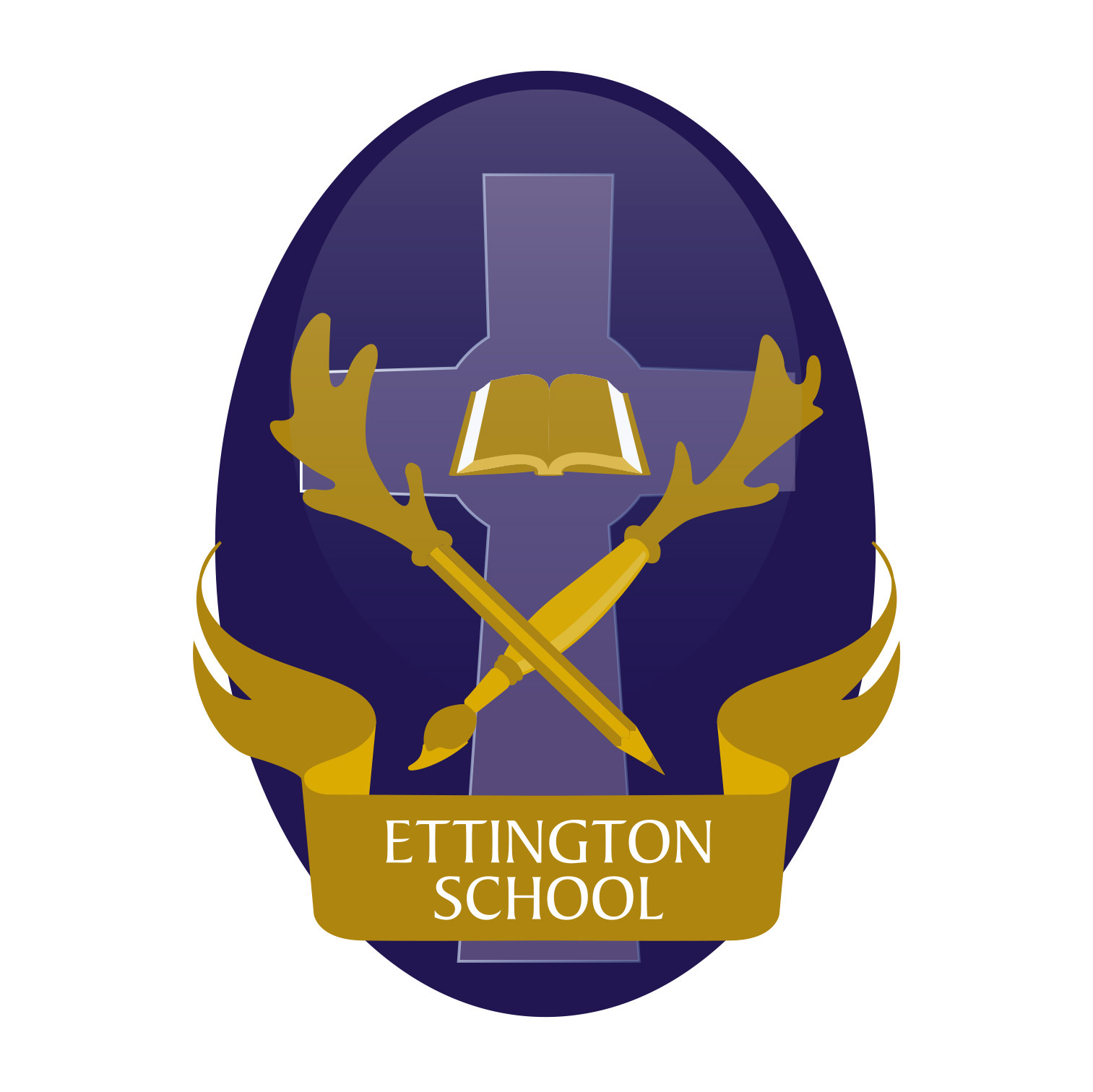Cultural Capital
Cultural Capital at Ettington
Equipping pupils with the knowledge and cultural capital they need to succeed in life, our understanding of ‘knowledge and cultural capital’ is derived from the following wording in the National Curriculum: ‘It is the essential knowledge that pupils need to be educated citizens, introducing them to the best that has been thought and said and helping to engender an appreciation of human creativity and achievement.’
Cultural Capital was introduced to expose all children, including those who may not have these opportunities outside of school, to a range of experiences and background knowledge equipping them with cultural knowledge to propel them further in their education, careers and social development. Cultural Capital is the essential knowledge that pupils need to be educated citizens. It promotes social mobility and success in society, and it is the accumulation of knowledge, behaviours and skills that a student can draw upon and which demonstrates their cultural awareness, knowledge and competence. It is one of the key “ingredients” a student will draw upon to be successful in society, their career and the world of work.
At Ettington Church of England Primary School we aspire for all children to live life in all its fullness, hence our vision statement – ‘Learning for the Fullness of Life’ (John 10:10). We define ‘cultural capital’ in a way that celebrates, as well as embraces, the different backgrounds, heritage, knowledge, understanding, language and traditions that all of our children bring to our school community. We recognise that for students to aspire and be successful academically and in the wider areas of their lives, they need to be given rich and sustained opportunities to develop their cultural capital. It is our job to identify any gaps or barriers and then help to provide opportunities to fill them, to enable our children to reach their full potential. Some examples of activities that have been given as adding to growth in a child’s ‘cultural capital’ are listening to a wide range of music, reading a range of books including fiction and non-fiction, learning to play an instrument, going to museums and having educational experiences, visiting town, city and rural locations and going on holidays abroad. These are examples of activities that are more likely to lead to educational advantage.
At Ettington School we can help children acquire cultural capital by providing opportunities for them that they may not otherwise receive. For example:
- School trips
- The opportunity to learn an instrument
- Attending a national singing event – Young Voices
- Exposure to a wide range of high-quality books
- Exposure to exciting and adventurous vocabulary
- Exposure to different types of music, including world and classical music
- Develop an understanding of the world by exposing children to experiences and people different to them
- Forest school experiences and learning outdoors
- After-school clubs
- Show and tell activities
- Road safety training including Bikeability
- School trips to art galleries, museums, places of worship
- Geography fieldwork trips
- Collective worship and visitor assemblies
